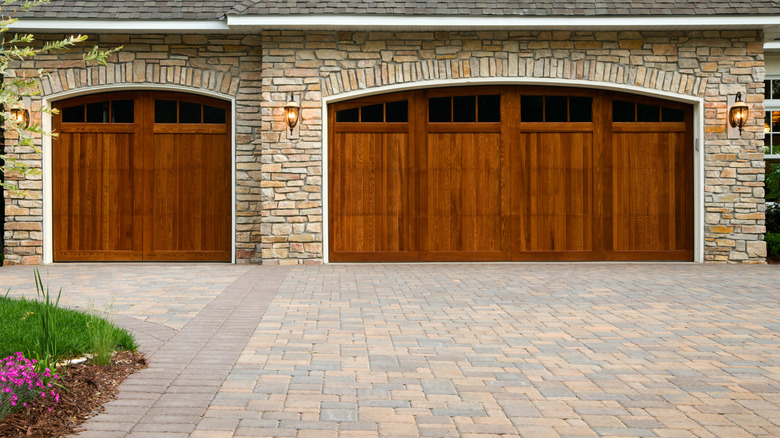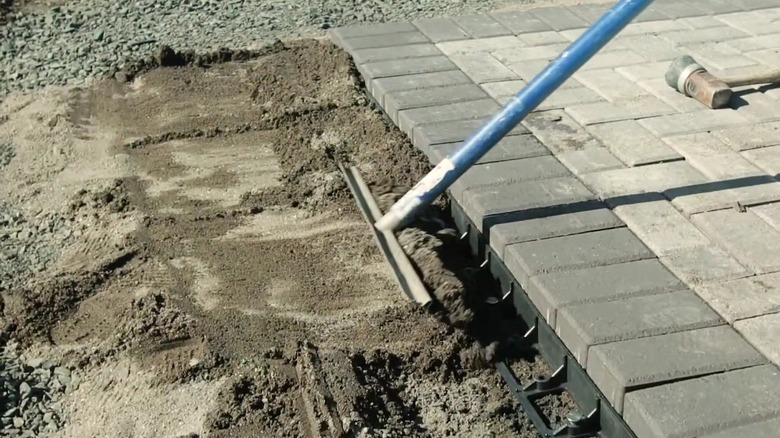Avoid One Big Mistake When Installing A Paver Driveway At All Costs
Pavers are a fantastic way to switch up the look of your driveway while also increasing curb appeal. If installed properly, a paver driveway can last at least two decades without needing any major maintenance. However, if you skip out on adding edges to your driveway, then you'll be making a huge mistake that may end up costing you time and money.
Edging refers to material installed around the perimeter of any paved area; edges are often used with landscaping to create a clean look. For driveways, the method of installation depends on the material that you choose. Adding edges can increase the aesthetic look of your driveway by offering a clear distinction between your pavers and lawn, but its main purpose is actually structural.
Without proper edges, your pavers are less contained and will likely shift and possibly crack over time. This is particularly concerning with driveways since they must withstand heavy weight and vehicular traffic. Additionally, one of the most important things to know about paver driveways is that a stable foundation is crucial. If you don't install edges, any shifting will expose your pavers' base to the elements, potentially leading to erosion and compromising the integrity of your driveway.
What is the best edging material for your driveway?
There are a variety of materials available for edging your driveway including plastic, metal, and concrete. Generally, plastic edging is one of the most budget-friendly options, and it's ideal if you have any curves in your driveway. However, plastic edging often doesn't hold up to heavy traffic and tends to shift over time. Shifting can take place during the freeze-thaw cycle, so if you live in a colder climate, it may not be the best choice.
On the other hand, a metal like steel is much stronger and longer-lasting, but its rigidity makes it best suited to straight driveways. Concrete offers you the flexibility of plastic as it can be laid along curves, and it holds up extremely well to heavy traffic. However, concrete may need additional reinforcements like fiber mesh or rebar to prevent any cracking over time, and it's costlier to install than plastic.
Overall, there is no single correct edging material, and the right choice depends entirely on the individual project. Once your pavers are installed, make sure to keep up their maintenance, and be aware of how often to reseal your paver driveway. With a properly installed base and edges, you can keep your driveway in great condition for decades.

